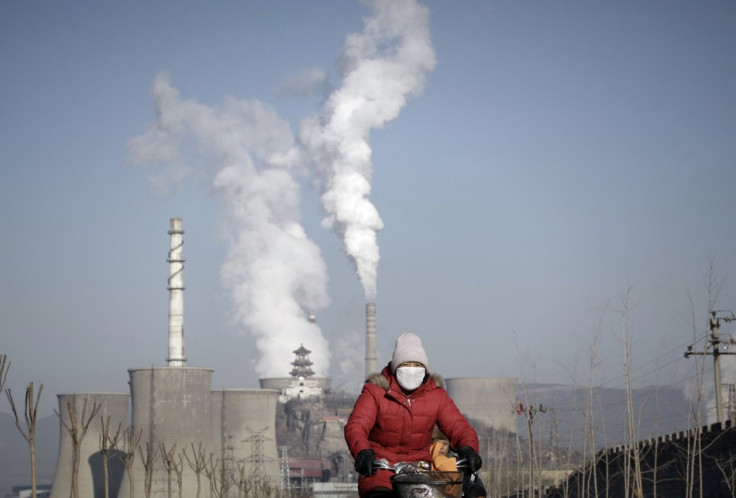Who Cares About Climate Change? Concern for Environment ‘at 20-Year Low’

Concern for the environment is at an all-time low, with fewer people believing environmental problems are "very serious" than they did when records began in 1992.
The GlobeScan Radar annual tracking poll looked at people's opinions across 22 countries. In total 22,812 individuals were interviewed on their thoughts on environmental issues.
Respondents were asked how serious they consider six current environmental problems: air pollution, water pollution, species loss, automobile emissions, fresh water shortages and climate change.
They found that less people think these problems are serious now than they ever have done, with the exception of climate change, where concern was lower between 1998 and 2003.
People are particularly unfazed by air pollution, water pollution and biodiversity, with concern levels far lower than they were in the 1990s.
The sharpest falls in concern have taken place in the last two years, GlobeScan said.
Doug Miller, chairman of GlobeScan, said: "Scientists report that evidence of environmental damage is stronger than ever - but our data shows that economic crisis and a lack of political leadership mean that the public are starting to tune out.
Obama must spread awareness of climate change
"Those who care about mobilising public opinion on the environment need to find new messages in order to reinvigorate a stalled debate."
Opinions about the threat of climate change fell particularly sharply after the UN Climate Summit in Copenhagen in December, 2009, where world leaders unsuccessfully attempted to reach an agreement on how to tackle the problem.
Water pollution was viewed as the most serious environmental problem, with 58 percent rating it as a "very serious" challenge. Climate change was rated as second least serious, with 49 percent.
The Intergovernmental Panel on Climate Change has since said that President Barack Obama should spread awareness about the scientific realities of climate change in the US.
Rajendra Pachauri, chairman of the IPCC, told the Guardian that the President should make the public aware of the science supporting man-made global warming.
He also said Obama's pledge to tackle climate change in his second term was encouraging: "I was particularly encouraged by the President's state of the union address, where he highlighted what we should really be listening too, in terms of the voice of science.
"I have always believed if you want action in the field of climate change, it has to be driven by an understanding, an application of what science has told us, what the IPCC has been telling us. So from that point of view, I think what President Obama said was particularly heartening."
© Copyright IBTimes 2025. All rights reserved.






















